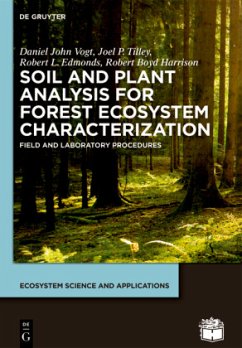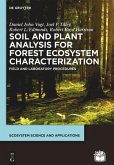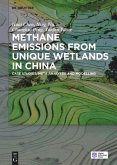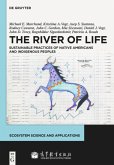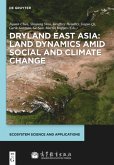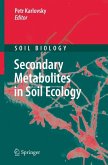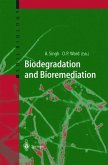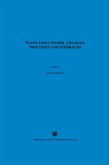This handbook provides an overview of physical, chemical and biological methods used to analyze soils and plant tissue using an ecosystem perspective. The current emphasis on climate change has recognized the importance of including soil carbon as part of our carbon budgets. Methods to assess soils must be ecosystem based if they are to have utility for policy makers and managers wanting to change soil carbon and nutrient pools. Most of the texts on soil analyis treat agriculture and not forest soils and these methods do not transfer readily to forests because of their different chemistry and physical properties. This manual presents methods for soil and plant analysis with the ecosystem level approach that will reduce the risk that poor management decisions will be made in forests. This manual was intended for the instructors that teach students soil and plant analyses; however it can also be used by the research laboratories and by environmental scientists. The laboratory procedures in this manual are outlined in easy-to-follow steps and frequently accompanied with examples of calculations, questions to answer, and also a blank data sheet to use. These methods used in this manual can be used on soil and plant tissues found in agricultural, horticulture, forestry, urban, and natural lands.
Bitte wählen Sie Ihr Anliegen aus.
Rechnungen
Retourenschein anfordern
Bestellstatus
Storno

